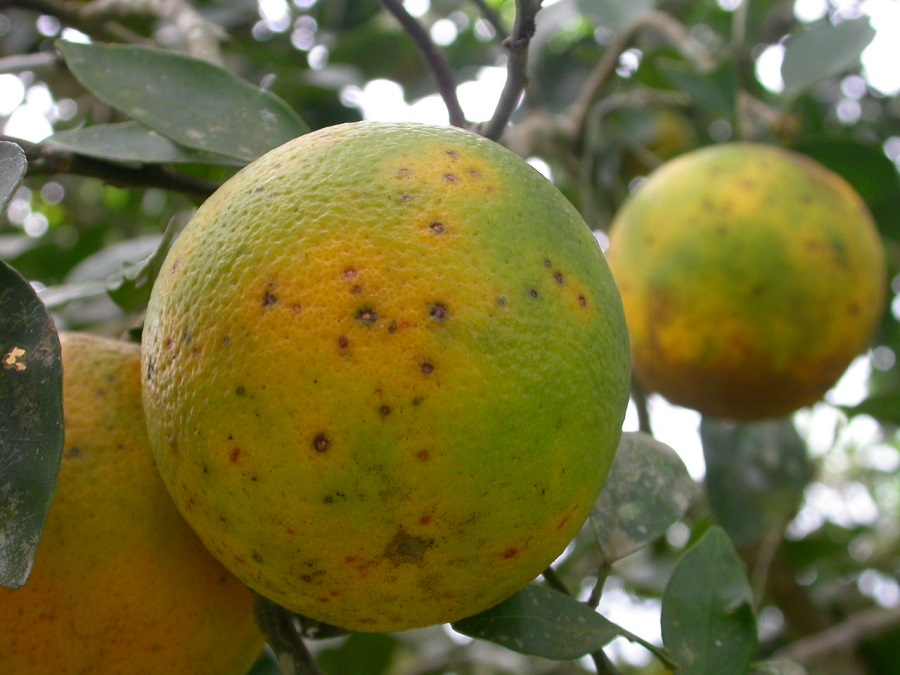Record level of rejections of SA citrus due to ‘Black Spot’
Spanish citrus organisation Intercitrus is once again questioning the “aesthetic” measure adopted by South African operators to suspend shipments since September 15, not only because it is the seventh time in 11 years that they have adopted it or because, in practice, it is still exporting to the EU from later areas but because this year has seen the greatest number of problems occurring with lemons, rather than oranges. The four imported consignments (3 from South Africa and 1 from Israel) detected this year until September with T. leucotreta in mandarins and grapefruits once again prove that they can also be hosts of the pest, which should force the EU to extend the cold treatment to these two species of citrus
On October 3, Intercitrus warned the European Commission by letter that South Africa was on track to reach “record numbers of interceptions” in European ports for citrus fruits affected by pests or diseases whose fight is regulated as ‘priority’ by the EU, as is the case of the ‘Black Spot’ (CBS). This was prior to the official data being published last week by the Europhyt-Traces portal, which reports that in addition to the 33 rejections until August, there were 5 more, also with CBS, in September. This amount (38 until September) is already the second highest in history for South Africa regarding this fungus. Only Argentina, in 2020, would exceed these figures and in that season the EC ordered exports for that origin to be stopped to ensure significant improvements in controls.
“The community executive is aware of all this and must react immediately. It is obvious that South Africans is not capable of keeping the ‘Black Spot’ at bay and we are also certain that this year they are not complying with the cold treatment against the ‘False Moth’ that was approved in 2022, so, given the obvious phytosanitary risk, we have formally demanded the immediate cessation of imports of South African citrus and, in future, after accumulating 5 CBS interceptions, the EU should unilaterally suspend imports,” said president of Intercitrus, Inmaculada Sanfeliu.



